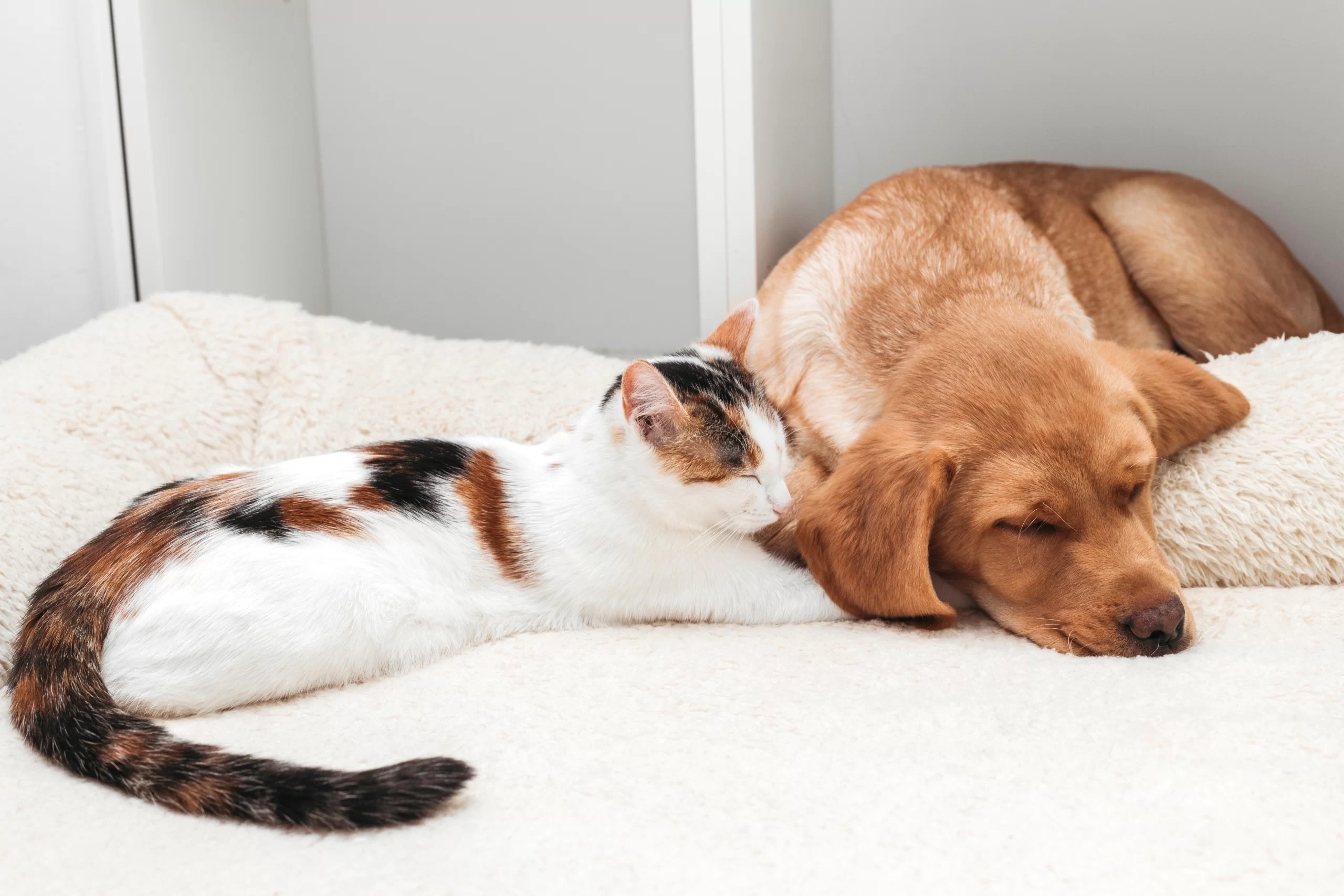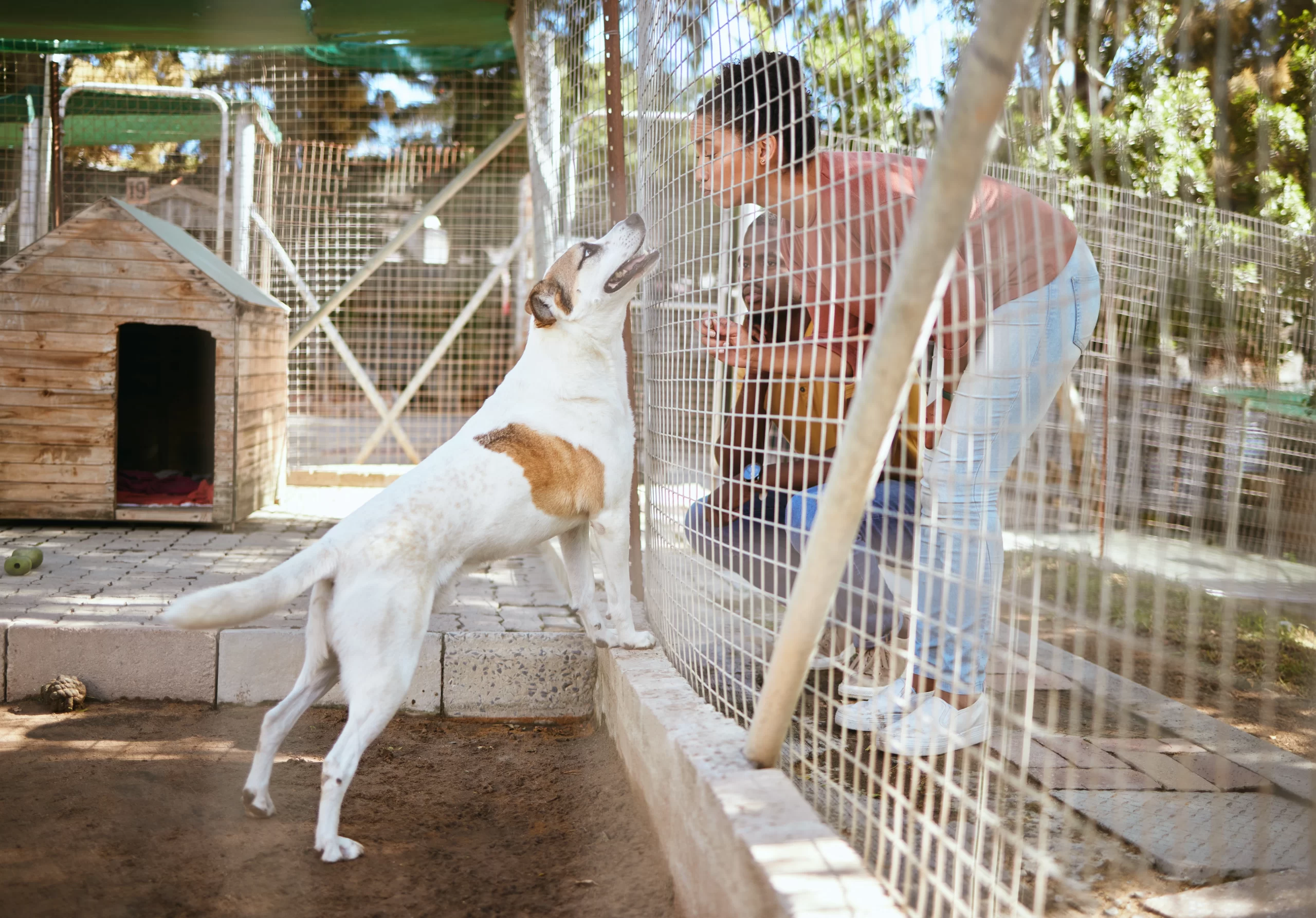How to Choose the Right Pet for Your Lifestyle

The first time I ever thought of getting a pet, I really never thought much about the right pet for my lifestyle. By then, I had gotten my first job and had my own apartment, where I didn’t need roommates. For the most part, I was always enamored of having a large watch or guard dog.
But the more I read about having the type of dog I wanted, the more I realized I would have to hold on to that thought for a little longer. For starters, I was living in a small studio apartment, to be exact. Add that to the fact that I was always working. Even on weekends, I’d sometimes bring work home. Or I spent most of the weekend studying or looking for freelancing gigs.
I finally gave up on having a pet until years later when I moved from Nairobi and into what I call ‘the wilderness.’
Here’s what I know so far: pets will fill your days with love, companionship, and joy. But they will also come with a lot of overwhelming demand. With so many options available, from loyal dogs to independent cats and everything in between, selecting the right pet to suit your lifestyle can be daunting.
In this guide, I’ll help you navigate the process of choosing the right pet. From the numerous types of pets to consider to how they align with different lifestyles.
So, let’s get exploring!
Understanding The Common Pet Types
There are many types of pets to choose from, especially if you are just considering one and don’t know what you want. And even when you know the kind of animal you want, you might have to consider if it’s the right pet breed.
Before committing, it’s essential to understand the characteristics and needs of different pet types. It will help you make a more informed decision.
Dogs
Dogs are known for their loyalty and affection. They come in various breeds, each with unique characteristics. Some are very energetic and require plenty of exercise, while others are more laid-back and adaptable.
Cats
Cats are widely known for their independence. They can thrive in small spaces and are relatively low-maintenance. However, they still require attention, playtime, and proper care.
Small Animals
This includes pets like rabbits, guinea pigs, hamsters, and gerbils. Small animals are great if you have limited space and those looking for companionship without the commitment of a dog or cat.
Birds
Birds, such as parrots, canaries, and finches, make colorful and melodic additions to your home. They vary in size and care requirements.
Reptiles
Reptiles like turtles, snakes, and lizards are a unique choice. They typically have specific habitat and dietary needs, making them suitable for experienced pet owners. However, you will need a permit if you are keeping venomous pets, like some snake species.

How to Choose the Right Pet for Your Lifestyle
Now that we’ve covered the basics, let’s dive into how different lifestyles can determine the right pet choice:
How Much Space Do You Have?
Do you live in an apartment building or a stand-alone house with a yard? If you reside in an apartment or have limited outdoor space, smaller pets like cats, small dogs, or small animals may be ideal.
Larger dogs, on the other hand, are very energetic. As such, they are better suited for homes with yards. Unless there’s a dog park or trail around that allows you to take them out regularly for exercise.
Don’t miss this related article! Simple Guide to Apartment Living with Pets
Family Dynamics
Do you live alone, or there’s a family in the picture? Families with children should consider pets known for their patience and adaptability.
Think of breeds like Labradors, Golden Retrievers, and Beagles. These dog breeds tend to be great with kids. Cats can also be excellent family pets if introduced properly.
Allergies
Still, on family dynamics, you must also consider any pre-existing allergy conditions. Pets urine, dander, and saliva can trigger allergic reactions like asthma. Some people can manage their allergies with medication, allowing them to keep pets.
However, it’s not always the case for everyone. If someone in your household has pet allergies, hypoallergenic breeds like poodles, Bichon Frises, or certain cat breeds might be necessary to ensure everyone’s comfort.
Activity Level
If you lead an active lifestyle and enjoy outdoor adventures, consider high-energy dogs that can keep up with your pace. Low-energy breeds or cats might be a better fit if you prefer a more relaxed atmosphere.
Work Schedule
Do you work from home, in the office block somewhere away from home, or do you have a flexible world schedule? In short, how busy is your work calendar?
For individuals with busy work schedules, it’s important to choose a pet that can adapt to your absence. Cats and some smaller dog breeds like Chihuahua’s are often more independent and less demanding of constant attention.

Travel Plans
Speaking of being busy, how often are you on the road? Frequent travelers should think about pets that are portable and adaptable to travel. It will also depend on the mode of transport you are using.
Most airlines allow small dogs or cats at a fee for those who plan to take their pets on trips. However, you need to call your preferred airline in advance to confirm. However, many international airlines might only offer this option if you have an emotional or service pet. Still, you might be required to provide the necessary documentation.
If you are driving, traveling with your dog or cat might be easier. A simple scroll on social media pages will show you just how much people love taking road trips with their pets.
Don’t miss this related post! Traveling with Pets: Your Guide to Planning a Happy Trip
Financial Situation
Besides love and affection, pets also come with a hefty price tag. From regular vaccinations and medication to protect them against parasites and other diseases to giving them healthy meals and regular grooming. Not forgetting the numerous toys and accessories pet owners cannot seem to resist.
You need to ensure you are in a good financial position to provide the best for your pet. Luckily, some vets offer payment plans, ensuring your pet has the care they need even when you do not have cash. Others provide low-cost services for low-income individuals. Some organizations are also providing such options and helping people keep their pets in the family!
Learn more from a related post: 12 Affordable Pet Care Tips to Save on Pet Expenses
Age
What’s the first thing that runs through your mind when you see a puppy or kitten? For most people, and a lot of people, to be honest, we can’t stop thinking about how adorable they are.
But here’s the thing: they are a lot of work. Think of socializing and litter training and getting them to follow commands and rules. Consider the fact that there will be a lot of property damage before they are fully trained. My dogs were tearing through slippers and my couch when left uncovered.
If you are looking for a pet that doesn’t require much work, consider getting one that is old enough. Or one that has already undergone training. This is more the case for pets like dogs.
Personality and Temperament
Now, if you decide to get an older pet, consider spending some time with them first. It allows you to gauge their personality and temperament. Is the pet compatible with your personality or that of your family?
It’s always saddening to see people get pets and return them or leave them at an animal shelter or on the street because of their personality. This affects the animals, leaving them exposed to harm and psychological trauma.
Some rescue centers, foster groups, shelters, and adoption centers allow you to spend time with the pets. This will enable you to test for compatibility. It might take time to gauge this compared to buying a pet. However, pets from these centers are already neutered/spayed, vaccinated, and even microchipped.
Conclusion
Choosing the right pet for your lifestyle is a decision that requires careful consideration. By understanding your own preferences, living situation, and activity level, you can make an informed choice. This will lead to a happy and harmonious partnership with your new furry friend.
Remember that every pet is unique. So take the time to get to know your chosen companion and create a loving and supportive environment for them to thrive.

